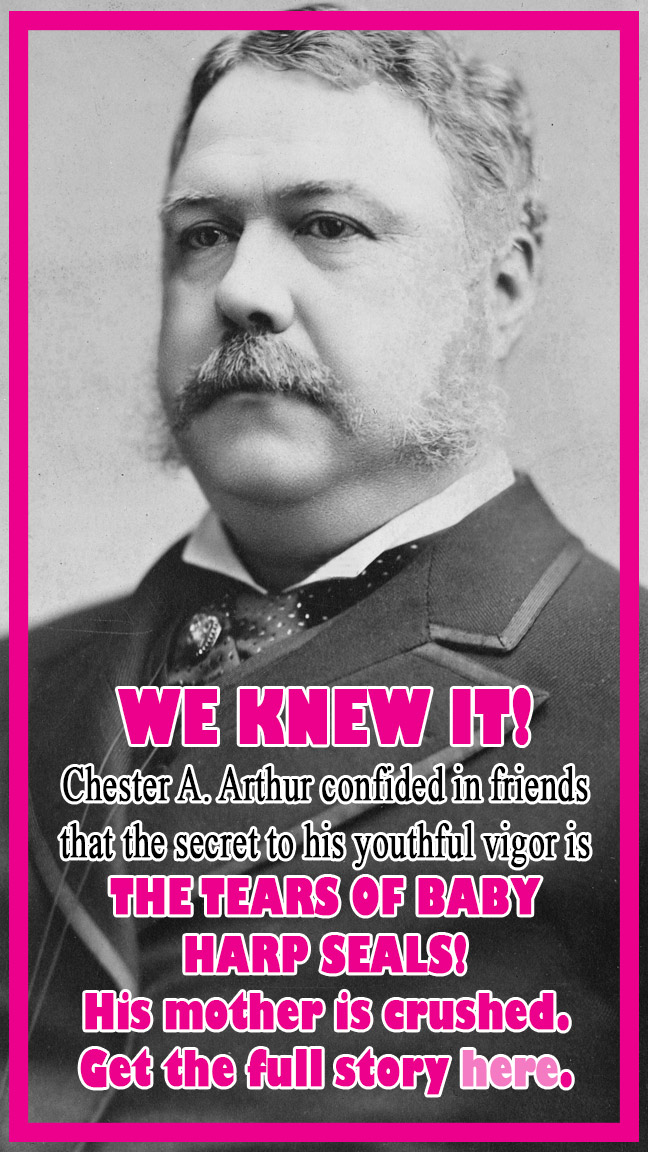Misinformation Nation


We've all experienced the deluge of sensational (and erroneous) posts on social media about public figures and social movements. And you've probably heard about trolling campaigns financed by foreign governments to sow discord among the American public and mistrust in government and the press by using such tactics.
Regardless of what your personal leanings are, spreading misinformation is counterproductive to us all and rarely results in anything other than alienating and being unfriended by people we care about. But in some cases, the deliberate emotional manipulation of fake news is responsible for creating the sort of extreme hostility that can lead to real violence.
It is tempting to check out articles that affirm our suspicions about public figures or social movements, but exercise caution when clicking on outlandish headlines. You could end up flagging your own account to receive even more of such content. Such headlines may be merely satire, but they could also be clickbait for malicious executables or websites designed to wreck your system or steal your data.
Besides that, it's important to be a responsible social-network citizen and exercise due diligence before sharing and spreading sensational and unconfirmed "news stories." It's not just a matter of looking out for your community; it's also a matter of looking out for your own reputation.



